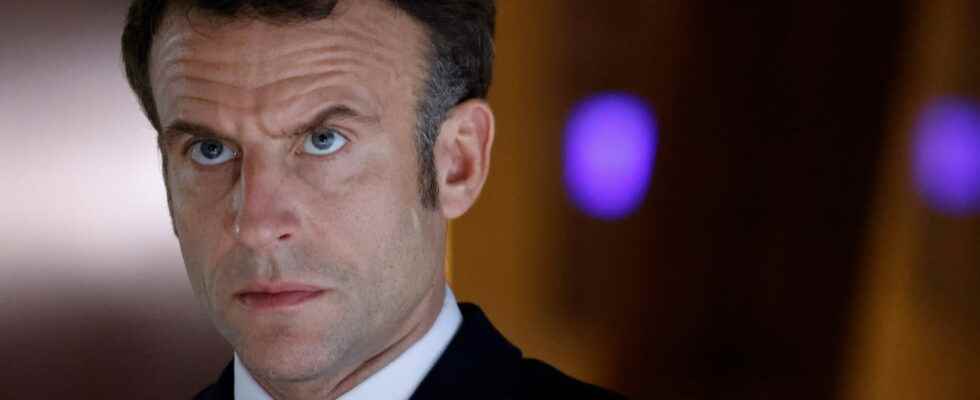The explosion of two missiles in Poland raises fears that the war will spread to Europe on November 16. The NATO countries including France are meeting to prepare for the scenario but above all to avoid it.
“We must push Russia to de-escalate”. During the G20 summit in Bali and the day after the explosion of two missiles in Poland, this November 16, 2022, Emmanuel Macron wanted to recall the common position of the members of the organization: “The G20 does not want war” . The strikes that occurred in Przewodow, a village located a few kilometers from Ukraine on the Polish border raise fears of a widening of the Russian-Ukrainian conflict in Europe and more broadly in NATO. In the immediate future, the hypothesis is ruled out and many European countries in addition to the United States have called to wait for clarification of the circumstances of the explosions in Poland. Analyzes are underway to determine the origin of the two missiles that landed in the Polish village and to retrace their trajectory. German Chancellor Olaf Scholz called for no “hasty conclusions”. Estonian President Alar Karis for his part declared at the microphone of the local antenna of the BBC that it was an “insolent incident” rather than a deliberate attack when a little later NATO spoke of a “tragic incident”.
The accident scenario also seems to be favored by several American and European intelligence services. In Washington, officials told Associated Press that “preliminary assessments suggested the missile was fired by Ukrainian forces at an incoming Russian missile amid the overwhelming salvo against Ukrainian electrical infrastructure”. According to Belgian Defense Minister Ludivine Dedonder the strikes in Poland are “the result of Ukrainian anti-aircraft defense systems, used to counter Russian missiles”. While waiting for light to be shed on the circumstances of the explosions, NATO and Poland do not consider the event to be an intentional Russian attack.
A possible entry into war for Europe and France?
The war in Ukraine currently has only two belligerents: Russia and Ukraine. Europe and more broadly the forces of NATO did not go to war but play a role in the conflict by supporting the forces of kyiv militarily. If by regularly supplying equipment to Ukraine, France and Europe know that they have taken sides, both refuse to become belligerents. Emmanuel Macron has also repeatedly reiterated his desire to make the parties listen to reason and to end the conflict through negotiations. A call repeated on Wednesday November 16 during the G20 summit: “Russia must hear the message of the international community and return to the negotiating table”.
But the entry into the war of Europe and France will be necessary if NATO decides to intervene militarily in the Russian-Ukrainian conflict. The subject is also at the heart of the discussions this Wednesday during the organization’s emergency meeting and the day after the explosions in Poland. Gathered on the basis of article 4 of the NATO Treaty which allows a gathering of members when “the territorial integrity, political independence or security of one of the parties is threatened”, an armed response from the ‘NATO does not seem to be considered yet. However, if after reading the results of the analyzes NATO considers the sending of the missiles which struck Poland as an intentional attack, article 5 of the Treaty will make it possible to take “necessary measures”, including military ones, to respond to the armed attack. Still, if this option is provided for by the texts, it is not mandatory.
